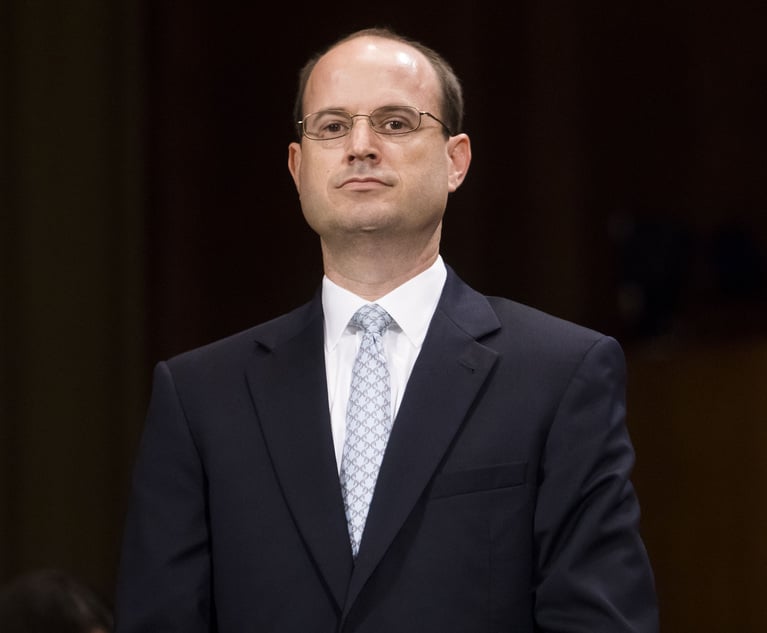Siding with state regulators, an administrative law judge ruled that pari-mutuel cardroom employees aren’t allowed to play poker at their worksites.
The state Division of Pari-Mutuel Wagering has the authority to ban cardroom employees from placing wagers where they work as part of the agency’s regulatory oversight, Administrative Law Judge G.W. Chisenhall wrote.
“There is a clear, logical connection between regulating cardroom operations and prohibiting cardroom employees from gambling where they work,” Chisenhall wrote.
The decision came in a case filed by a Marion County pari-mutuel operator, which argued that a rule prohibiting cardroom staff members from placing wagers where they work exceeded the agency’s rule-making authority.
Lawyers for South Marion Real Estate Holdings LLC, which operates as Oxford Downs, filed the challenge in March.
Florida law gives the Division of Pari-Mutuel Wagering “full authority and power to make, adopt, amend, or repeal rules relating to cardroom operations … and to regulate the authorized cardroom activities in the state.”
The law also requires cardroom employees to have occupational licenses issued by the state.
The disputed rule, which has been in effect since at least 2004, says cardroom workers with occupational licenses “are prohibited from participating in authorized cardroom games at the cardroom facility where they are employed.”
But attorneys for the Marion County cardroom argued that the law doesn’t specifically grant gambling regulators the authority to ban workers from playing poker where they are employed.
While the law “contains provisions restricting participation in authorized games, none of the provisions restrict cardroom occupational licensees from participating in authorized games at the facility where they are employed,” lawyers with the Lockwood Law Firm argued in the March petition.
Additionally, “nothing in [the law] authorizes the division to adopt rules imposing additional restrictions on who can participate in authorized games,” they wrote.
The law restricts people younger than 18 as well as “anyone objectionable, undesirable, or disruptive” from participating in authorized games, the lawyers argued.
“These provisions do not specifically authorize the division to adopt rules regulating who can participate in authorized games,” they added.
But attorneys for the state argued that the prohibition “fits squarely within” the Division of Pari-mutuel Wagering’s rule-making authority.
The challenged rule “regulates cardroom operations by establishing who can play at such cardrooms,” the state’s lawyers wrote in a response filed in April.
Chisenhall agreed that state law gives the agency “a grant of legislative authority” for the rule.
“Therefore, it is unnecessary for the authorizing statute to explicitly delineate every conceivable subject matter within an agency’s rulemaking purview,” Chisenhall wrote Monday.
The law gives regulators “broad authority to regulate cardroom operators, and prohibiting cardroom employees from gambling where they are employed is logically and integrally related to cardroom operations,” Chisenhall wrote in the 13-page order.
“Distilled to its essence, petitioners’ (Oxford Downs’) argument on this point is that the authority to adopt rules relating to cardroom operations does not encompass the authority to adopt a rule prohibiting cardroom employees from participating in authorized cardroom games where they work,” Chisenhall wrote. “However, what is a more basic aspect of cardroom operations than deciding who may, and may not, patronize a cardroom?”
Oxford Downs intends to appeal the order, attorney John Lockwood told The News Service of Florida on Monday.
Dara Kam reports for the News Service of Florida.
NOT FOR REPRINT
© 2024 ALM Global, LLC, All Rights Reserved. Request academic re-use from www.copyright.com. All other uses, submit a request to [email protected]. For more information visit Asset & Logo Licensing.


 Credit: 18percentgrey/Adobe Stock
Credit: 18percentgrey/Adobe Stock




